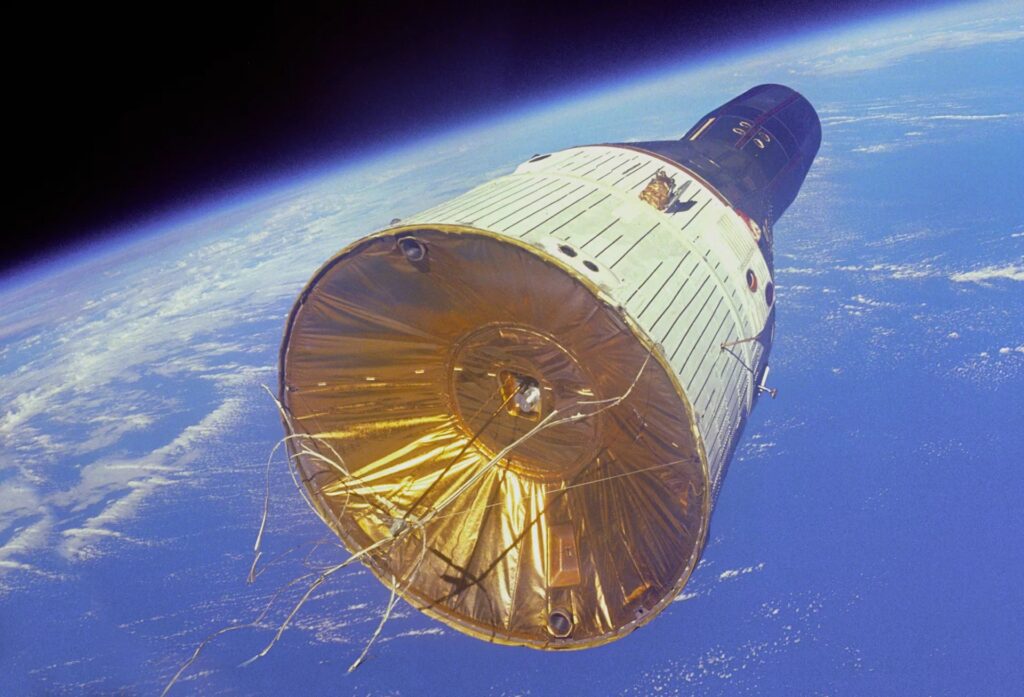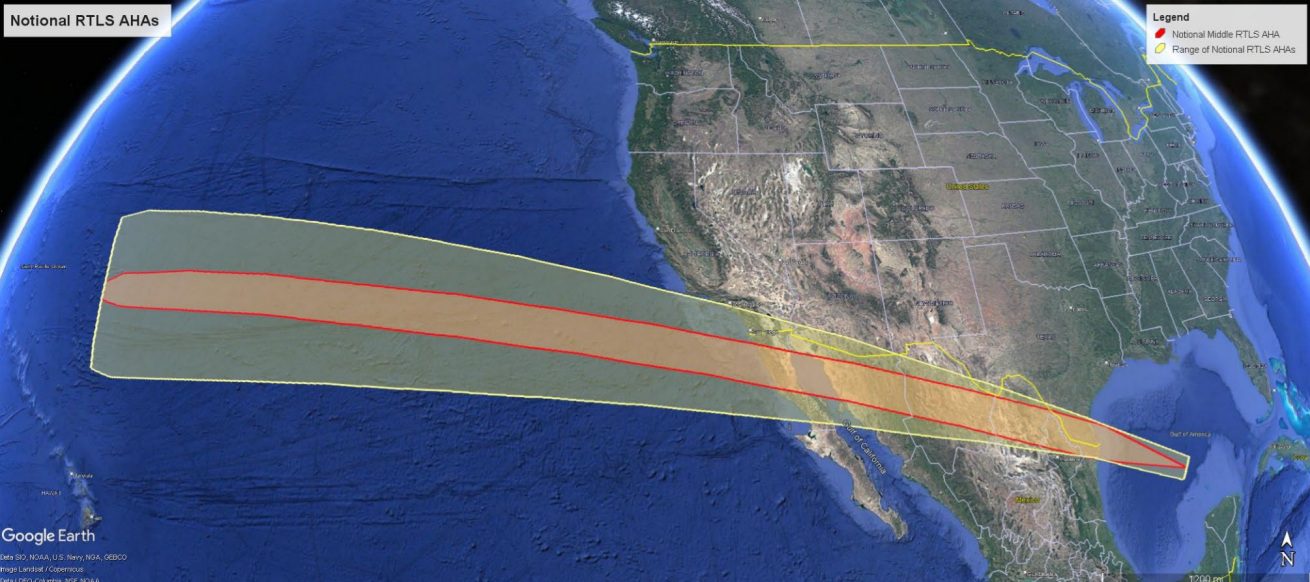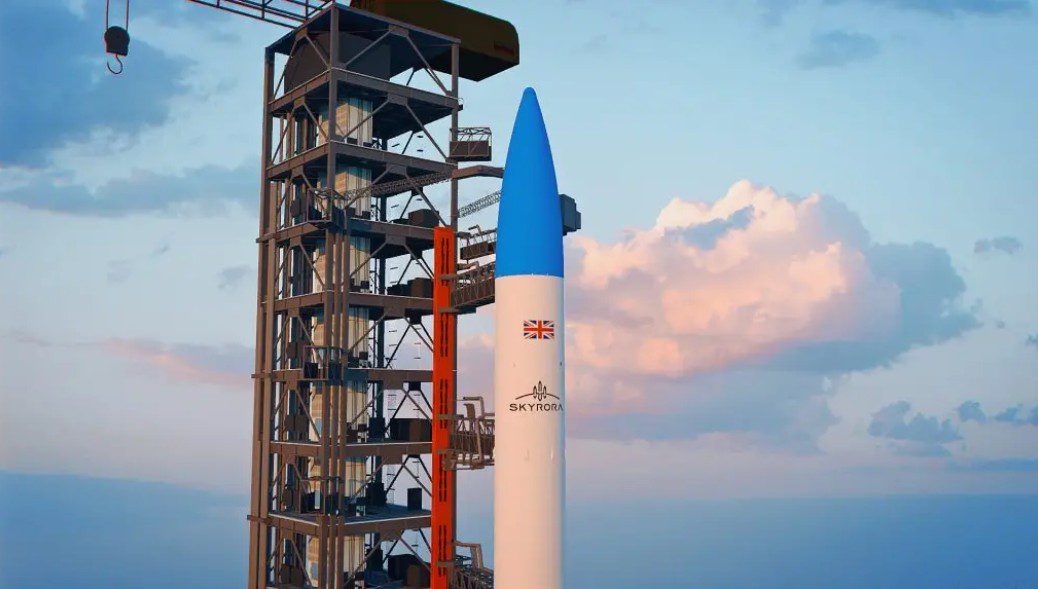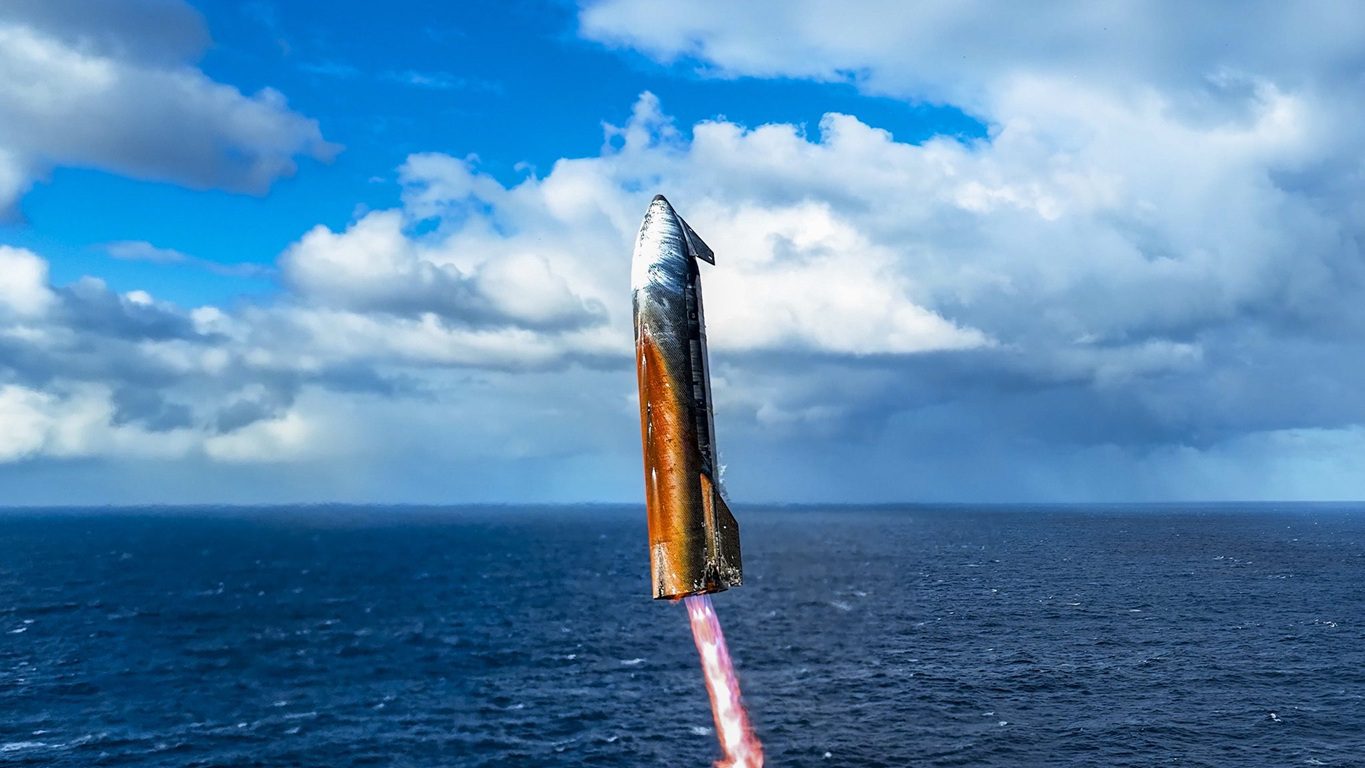Leading Apollo astronaut, test pilot, engineer and airline executive, Colonel Frank Borman, has died at the age of 95. Frank Borman was a pioneer astronaut who commanded the Apollo 8 flight – the first human mission around the Moon. This key flight enabled the later Apollo landings.

Frank Borman before his Gemini 7 flight. Courtesy: NASA
“Today we remember one of NASA’s best. Astronaut Frank Borman was a true American hero. Among his many accomplishments, he served as the commander of the Apollo 8 mission, humanity’s first mission around the Moon in 1968,” said NASA Administrator Bill Nelson.
Frank Borman originally trained as a US Army officer at West Point before joining the US Air Force. Having learned to fly as a youngster, he became a fighter pilot. After gaining a Bachelor’s degree in 1950, and later a Master’s degree in engineering from Caltech, he became an assistant professor at West Point. In 1960 he became a test pilot via the US Air Force Experimental Aircraft Test Pilot School at Edwards Air Force base. He joined NASA as a trainee astronaut through a US Air Force detail in 1962.
Borman’s first spaceflight was on the 14-day Gemini 7 mission in 1966, on the confined spacecraft. He shared the mission with Jim Lovell, who later gained fame as the commander of the failed Apollo 13 mission and its rescue. They conducted a rendezvous with Gemini 6A, which had Walter Schirra and Thomas Stafford on board. Their photo of Gemini 7 provided the first image of one Gemini spacecraft from another.

Gemini 7 spacecraft as imaged from Gemini 6. Courtesy: NASA
Borman’s next – and last – spaceflight was to command the Apollo 8 mission launched on 21 December 1968. The crew was Jim Lovell again and William Anders. After a three-day flight, the Command and Service module carrying the crew entered lunar orbit on Christmas Eve. After ten orbits the crew left for Earth on 27 December. Borman made a famous TV broadcast from lunar orbit, quoting Genesis from the Bible. The mission also became famous for a photograph of Earthrise that William Anders took. The mission was high risk in that no lunar module was carried. Should something have gone wrong with their spacecraft, as happened with Apollo 13, there was no ‘lifeboat’ to save them. When Borman was at the White House advising President Richard Nixon during the Apollo 11 first lunar landing mission, in July 1969, he advised him to prepare a statement should anything go wrong.

Earthrise as taken by Anders from Apollo 8. Courtesy: NASA
After leaving NASA, Borman joined Eastern Airlines in 1970 to become its senior vice president for operations before moving up the ranks to CEO and, finally, Chairman. He ran the airline successfully until 1986 when he left following a dispute with the unions. Afterwards he helped his son run a Ford dealership and later bought a cattle ranch. In his spare time, Borman rebuilt a Bell P-63 King Cobra World War II fighter which he flew at air shows. He lost his wife Susan after 71 years of marriage in 2021. His two sons, Edwin and Fred, survive him.
We at Seradata give our salute to Frank Borman and our sympathy to his family and friends.
Post Script: Note that Frank Borman died within a few weeks of Apollo and Shuttle astronaut Ken Mattingly. We also pay tribute to Steve Jurczyk, former head of NASA’s Langley Research Center in Virginia, who has died from Pancreatic Cancer. He briefly led the administration as acting administrator in 2021 before Bill Nelson took over the reigns.







